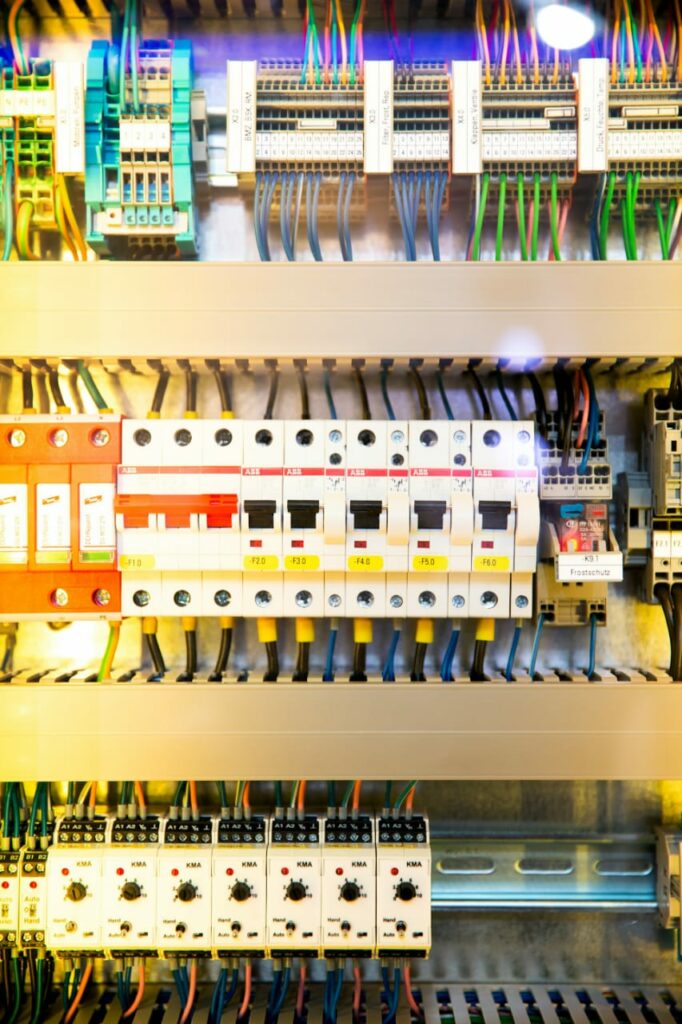Working with electricity can spark significant risks if there aren’t proper precautions. Besides electrical installations and manufacturing facilities, many workplaces constantly interact with live circuits.
While the energy powering these environments offers opportunity, it also carries the potential for catastrophe if mishandled. Ensuring staff stay safe around live wires requires insight and preparation. This guide will educate you on safeguarding your personnel and organization through NFPA 70E training.
The Need for NFPA 70E Training
Without a doubt, electricity energizes our lives. However, its incredible energy becomes terrifying in cases of arc flashing. Arc flashing is the phenomenon of a power surge causing extensive burns or worse.
These shocks zip over 30,000°F, hotter than the sun’s surface. Each year, electricity harms over 7,000 workers in America. While regulations aim to curb such incidents, compliance alone can’t substitute for training.
Understanding electrical safety standards fosters genuine protection. Workers dealing with electrical equipment face many electrical hazards. Sometimes, there needs to be more wiring, faulty equipment, damaged insulation, improper grounding, etc. But the greater risk remains the arc flash.
That’s where NFPA 70E training comes in. As the standard for electrical safety in the work environment, the 70E Training standard arms employees with awareness to avoid potential harm.
Workers who understand electrical risks stay clear of danger and help guarantee you meet compliance. Training also builds a culture where people are ready to deal with electrical hazards.
NFPA 70E: More than a Checklist
The NFPA requires employers to comply by training the employees whose work involves electrical equipment. However, compliance requires more than checking boxes – it demands empowering people with knowledge.
Book learning standards aren’t enough if staff fail to identify risks or avoid dangers. Employers can have peace of mind when their staff have the necessary training and can work safely.
All employees who perform electrical work like installation, maintenance, or testing of electrical systems should be armed with NFPA 70E training. With the training, they can work effectively in safe environments.
NFPA 70E training is more than just signing off to genuine understanding. Through drills, discussions, and demos, attendees learn to:
- Identify electric arcs and their risks
- Select proper protective equipment for any live-wire task
- Inspect equipment to catch signs of damage before trouble strikes
- Execute lockout/tagout procedures to zero out energy before handling circuits
- Administer first aid should shocks occur despite precautions
- Deal with unexpected incidents
From these practices, your personnel earn sense for spotting and avoiding hazards.
Choosing NFPA 70E Training
If you’re worried about the training disrupting workflow, you don’t have to. Quality NFPA 70E training need not happen offsite or interrupt workflows. Online trainers provide the information you require in a manner that is accommodating to busy schedules. Online alternatives also empower self-paced studying for those who travel or work various shifts.
Online NFPA 70E trainers moreover tailor discussions and activities to address your unique needs. They focus training on the most pertinent OSHA and NFPA 70E standards while spotlighting common risks within your industry.
Safeguard Your Assets Through Education
Ultimately, complete safety comes from empowering people rather than depending on mechanisms alone. Though locks, tags, and guards play indispensable roles, human understanding completes the circuit of care.
NFPA 70E training energizes workers with insight to recognize and avoid arc flash conditions. Its lessons light the way to safety without dimming the light of productivity. This training turns potential tragedies into victories by saving lives and property.
The Role Of Commercial Electricians In Ensuring Safety And Compliance(Opens in a new browser tab)
Conclusion
NFPA 70E training is key to helping employees understand electrical hazards, deal with them, and stay safe. The training also ensures you comply with OSHA and NFPA regulatory standards. The best thing is that you can train your employees online as your workflow continues undisrupted.
